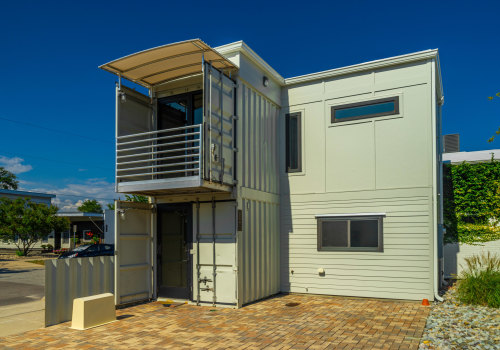Collecting rent is the most basic responsibility of a landlord, and it is usually one of the first tasks delegated to a property manager. In addition to collecting rent, property managers can also be useful in three other ways. First, they can help you set the right rent. The right rent attracts the right tenants, and a Collecting rent is the most basic responsibility of a landlord, and it is usually one of the first tasks delegated to a property manager. In addition to collecting rent, property managers can also be useful in three other ways. First, they can help you set the right rent. The right rent attracts the right tenants, and a property manager can use several strategies to determine the best rate for your property.
This includes looking at the location of the property and analyzing comparable properties to set the rent. Another primary responsibility of a property manager is managing tenants. Depending on your situation, you may need a property manager to find and evaluate tenants, manage day-to-day problems, and evict problem tenants. Managing tenants also involves managing leases. This includes ensuring that the lease agreement contains all necessary clauses, such as rules on subleasing, property modifications, pet regulations, maintenance responsibilities and leasing conditions. A property manager is also responsible for the daily tasks that keep your property running.
These responsibilities may include reviewing tenant requests, collecting rent, answering tenant questions, and performing repairs and maintenance. Property managers can handle these details for you, as well as any other issues that arise, such as maintenance and other operational issues that would be difficult to manage remotely. Property managers are usually experts in the areas in which they work and are better equipped to comply with local laws and regulations. The primary purpose of hiring a property manager or management firm is to protect your real estate investment and passive income. Real estate investors rely on ROI to determine how much profit a property will generate and how it compares to other properties.
Some property managers and property management companies collect rent through online sites or payment apps to help the property owner get the money faster. Instead of trying to market your property remotely to potential tenants, you can rely on a property manager to attract new tenants and potentially renew existing lease agreements. If the property has on-site employees, such as cleaners, security personnel, or a concierge, property managers have a duty to supervise them. A manager can perform these tasks using his own service staff or by outsourcing the work to local service providers. Property managers have enough staff to find the ideal tenants for their vacant rental units, and will perform thorough checks before approving an application. The average cost usually ranges from 6 to 12% of the property's total monthly rental income, according to Mynd Property Management.
Property managers also collect and deposit rent as part of their obligations for the properties they oversee.












